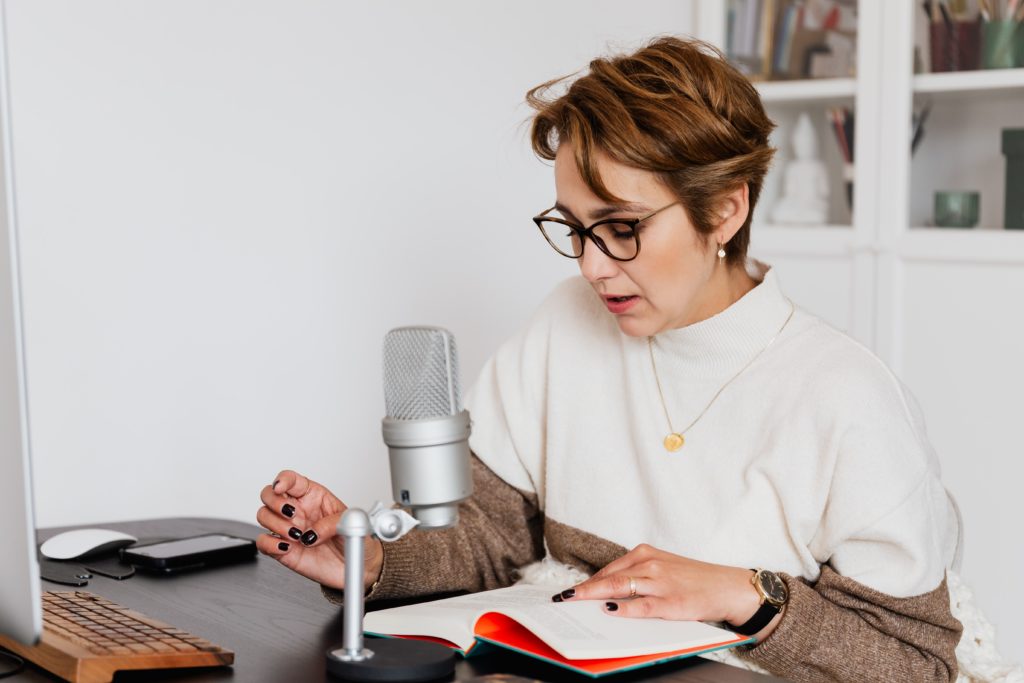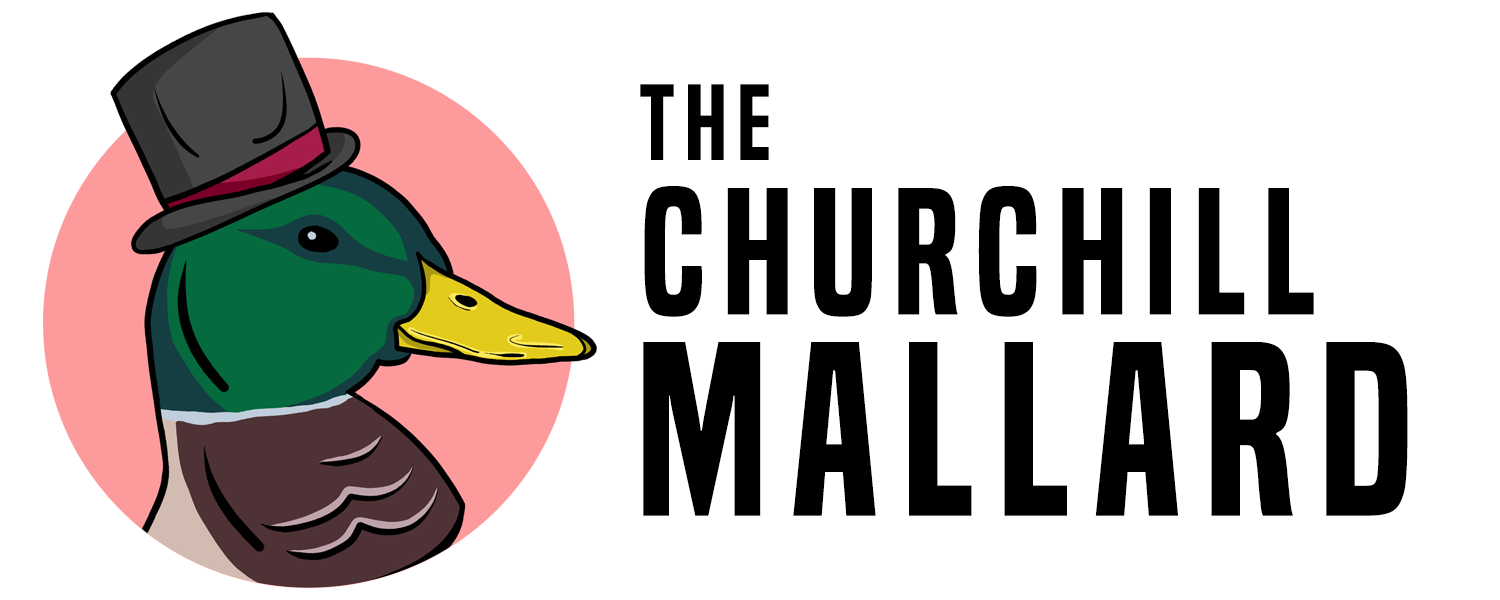
Earlier this year, I was talking to a friend a couple of years younger than me, who was asking about the intensity of the workload at university. When I explained to her that having the amount of essays that I do was demanding, but not unmanageable, her response was “But you must spend your whole life just reading – how do you not get completely sick of it?!”. She had a point. Being given 16 essays a term, each of which comes with a reading list of around 4 to 6 books, can be a lot.
I have always had a slightly fickle relationship with reading. As a child, I was encouraged to read as much as possible, but I always seemed to find it a chore. I re-read the same series of books over and over again – Enid Blyton being my favourite. Given the choice, I would much rather have been playing in the garden.
But you must spend your whole life just reading – how do you not get completely sick of it?!
A friend of Bridget Morris
It was only around the age of 15, when I first stepped foot into the world of Harry Potter, that I started, for the first time, to enjoy reading properly. I began to understand what people meant by escaping into a fictional world. I liked contemplating why characters behaved in the way they did, and how different readers could interpret their actions.
But alas, this slow burning flame began to die again in the face of A-levels. Opting, to the great surprise of my parents, to take English A-level, I read the set texts that were chosen by my teachers, but only half heartedly. They were more complex works than I had come across at GCSE and, naturally, required substantially more time and effort than I had naively anticipated. Having to read and analyse a book as a class was something my teacher complained about quite openly, and I’m sure this was an attitude that rubbed off on me. In this way, it is no huge surprise that the equation of *reading* and *revision* was, in my head, beginning to take shape.
The vast quantity of reading involved in any degree is no secret – a student literally “reads” their subject. But this quantity can be a lot larger for students starting in a new subject, who have to do extensive reading to grasp unfamiliar baseline concepts. In the time leading up to Freshers week, I was apprehensive of this huge amount of the reading aware of my rather fickle relationship with reading.
As it turned out, I had little to worry about – I truly love my degree and I thoroughly enjoy (most of) the reading I do for it. But what did become apparent over the course of my first year, was the strengthening of the association between reading and academia that I had developed during the previous year.
What did become apparent over the course of my first year was the strengthening of the association between reading and academia.
Bridget Morris
While the linguistics reading I did was far from burdensome, I found that reading as an activity became, more than ever, something I solely associated with purposeful exam-based learning and strict deadlines. It was never something I did in “relax-mode”. But beyond this, the better I became at degree-based reading – that is, the more efficient I became at ploughing through reading lists – the less I felt actually able to sit down and read a book “normally”. It was as if my brain had become accustomed to scanning texts quickly, hunting for key points only and ignoring the words in between. Unless you’re taking part in one of those who-can-read-the-most-books-in-24-hours competitions, this isn’t a great way to consume any book in your spare time.
I’m not going to suggest that this is some major universal crisis that everyone goes through, but from the general consensus among friends both at Cambridge and other universities, it is not uncommon. And it is undeniably disheartening. Because, despite having no claim to have ever been a bookworm, it does sadden me that reading became so distinctly unappealing, merely viewed as a means to an end rather than an end itself.
So, when 2020 presented the small issue of a national lockdown hitting the country and I suddenly found myself with an indefinite period of uncertainty about uni, exams and life in general, it became something I attempted to tackle.
Over the course of a few weeks, I bought, read, and to my surprise, thoroughly enjoyed books I had had my eye on for the last year or so. But equally, with the help of my mum, sister, and the trusty old internet, I discovered so many other valid and fulfilling ways of entering the world of book lovers without even coming into contact with written words.

The most obvious example is audiobooks. This discovery was not a profound one – my mum has been a fairly devoted fan of Audible for a number of years, and I had actually listened to a serialization of Jane Eyre on BBC Sounds for my English AS. It is briefly worth noting that the former is not free, the latter is. Audiobooks are not to everyone’s taste; a friend of mine finds them far too acted, and prefers to imagine the flow of conversations in her own way. They are probably the closest thing you can get to consuming a fiction book without committing to the physical act of reading.
In a similar vein lies my more recent discovery of radio-hosted book clubs, such as BBC’s ‘A Good Read’. Presenter Harriet Gilbert, along with two guests, chooses a book to read and subsequently discuss. It is a great way to be introduced to books you may want to read in the future, or hear insightful takes on great literature classics.
Also worth mentioning, albeit briefly and at the risk of sounding utterly pretentious, is poetry. Having previously lumped together all forms of poetry and deemed them completely uninspiring and too ambiguous, I was about 17 when I realised this art form wasn’t completely dispensable. There is something to say for the complex and multilayered ideas that poems can evoke in a few (usually) short lines. I’m not suggesting that everyone should read the entire works of Keats, or learn Yeats off by heart, but exploring shorter, more modern poetry is certainly an option. If you’re looking for suggestions, Carol Ann Duffy’s Mean Time collection can be a good place to start.
The biggest discovery for me over the last few months is podcasts. I’ve become utterly obsessed.
Having said that, the biggest discovery for me over the last few months is podcasts. I’ve become utterly obsessed. Some are either based on, or have resulted in, published books. Others are stand-alone entities, but are equally informative. Personal favourites include ‘The High Low’ and ‘Word of Mouth’.
The former suggestion, hosted by hugely successful journalists and authors Dolly Alderton and Pandora Sykes, centres around both current affairs and popular culture. It covers a range of important topical issues from Wiley’s recent antisemitism, to Ofcom’s diversity problem, to the rise and fall of Victoria’s Secret.
‘Word of Mouth’ is, naturally, a favourite of mine, being a linguistics student, but it is certainly accessible to all. As a language-based podcast talking all things words, it explores issues, such as how the NHS determines what language it uses on websites, how to tell if someone is lying from the language they use, and how we all subconsciously prescribe to the tacit rules of communication on the internet. As I say, very thought-provoking.
So, was my friend right? Would I say a reading-based degree takes all the joys out of reading? Possibly, but only to some extent, and only temporarily. I think it would be unrealistic for me to imagine myself pouring over piles of books in any spare time I have over the next year or so, at least until my finals are over. I expect it will be something I primarily associate with exams and academia, and therefore distance myself from for a while, once again. But that’s okay – I can pick it up again quickly after, if I want to. Besides, as lockdown has allowed me to realise, there’s more than enough to keep me going in the meantime.
